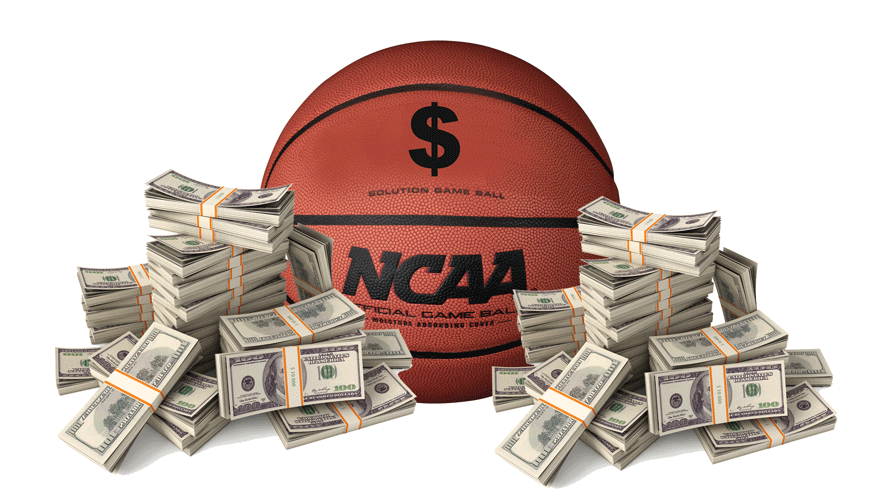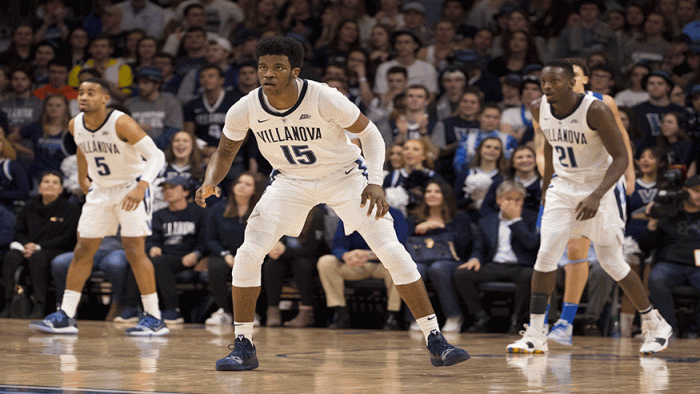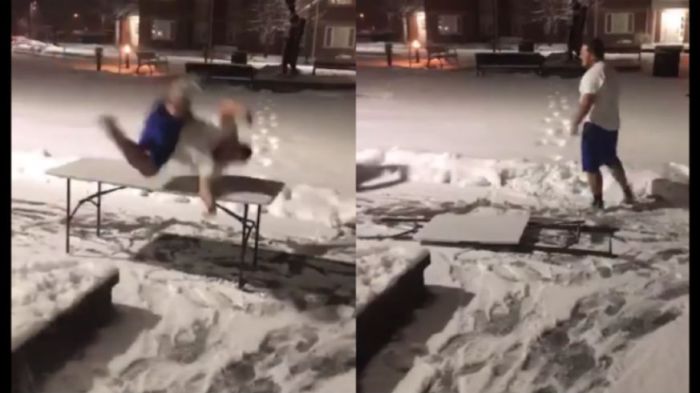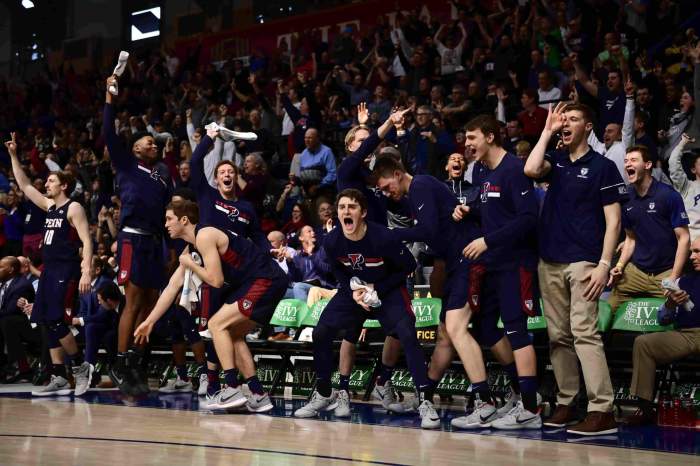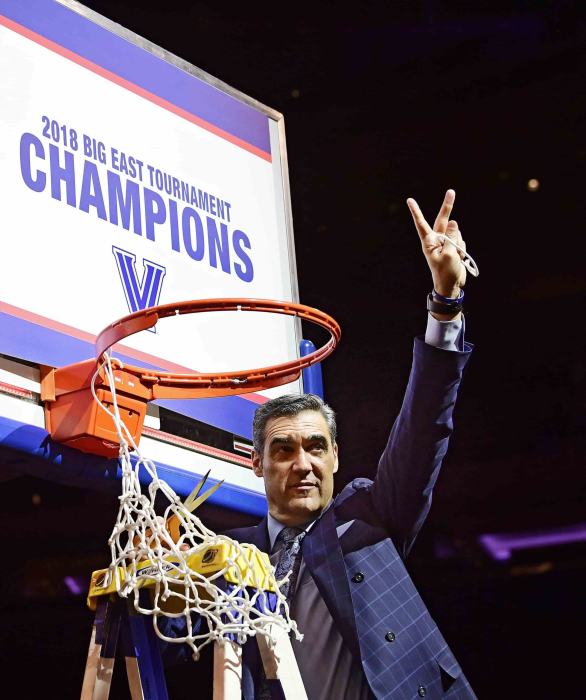College basketball is about to be shaken to its core with fault lines that run so deep, the game might never be the same.
The federal government, via the U.S. attorney’s office in New York City, indicted 10 men on fraud and corruption charges during recruitment processes on Tuesday morning.
To put it simply, these men were involved in illegally swaying high school recruits to attend certain schools using bribes.
Among those arrested were Auburn assistant coach Chuck Person, Oklahoma State assistant Lamont Evans, Arizona assistant Emanuel “Book” Richardson and USC assistant Tony Bland.
Adidas executive Jim Gatto has also been named in this investigation headed by U.S. Attorney for the Southern District of New York, Joon H. Kim, who gave a loose example of how the schemes worked:
Alleged NCAA coach bribery scheme in a nutshell pic.twitter.com/6ehTIdY1HS
— US Attorney SDNY (@SDNYnews) September 26, 2017
Alleged NCAA coach bribery scheme in a nutshell pic.twitter.com/JyJJ0jeG68
— US Attorney SDNY (@SDNYnews) September 26, 2017
Gatto was accused of rewarding a top high school prospect with $100,000 so he would attend a program that has an apparel contract with Adidas.
The school that matched the description from the court documents, via CNBC, was the University of Louisville, a school already skating on thin ice with the NCAA.
Head coach Rick Pitino and his Cardinals were forced to abandon their 2013 national title after it was found that a former staff member of Louisville paid for parties featuring strippers for recruits.
If Louisville is in fact involved in these new scandals, it is not obtuse for the “death penalty” to be an option.
The NCAA has instituted the “death penalty,” so called because it completely shuts down a college’s athletic program, only five times in its history and just twice to basketball programs.
The University of Kentucky’s program was shut down from 1952-1953 after a point-shaving scandal was uncovered from the 1949 NIT. In October 1952, it was discovered that 10 ineligible players received financial aid, prompting the penalty.
In 1973, the University of Southwestern Louisiana’s program was found guilty of 125 violations that mostly stemmed from players being paid. They would be forced to cancel their 1973-74 and 1974-75 seasons.
The NCAA was not made aware of these investigations, which Kim said will uncover “the dark belly of college basketball,” until Tuesday morning.

